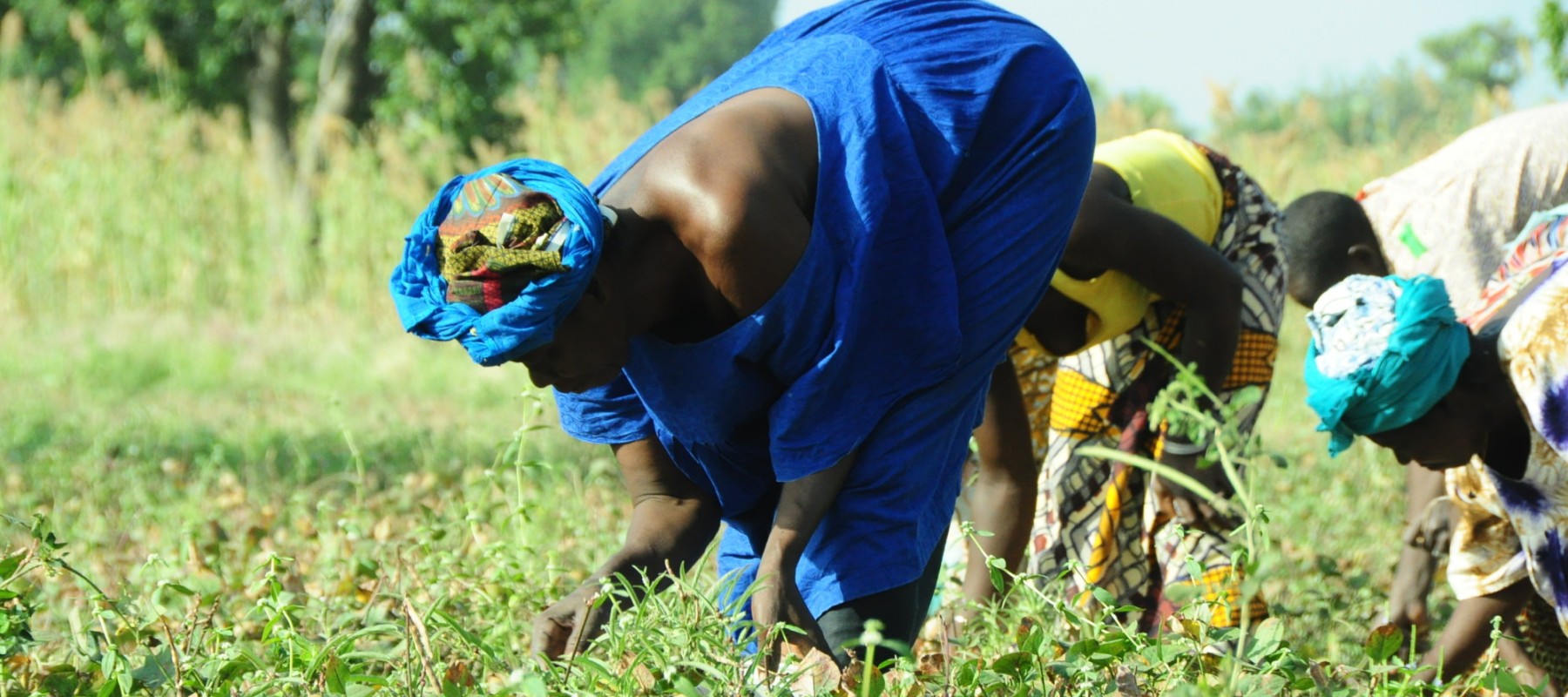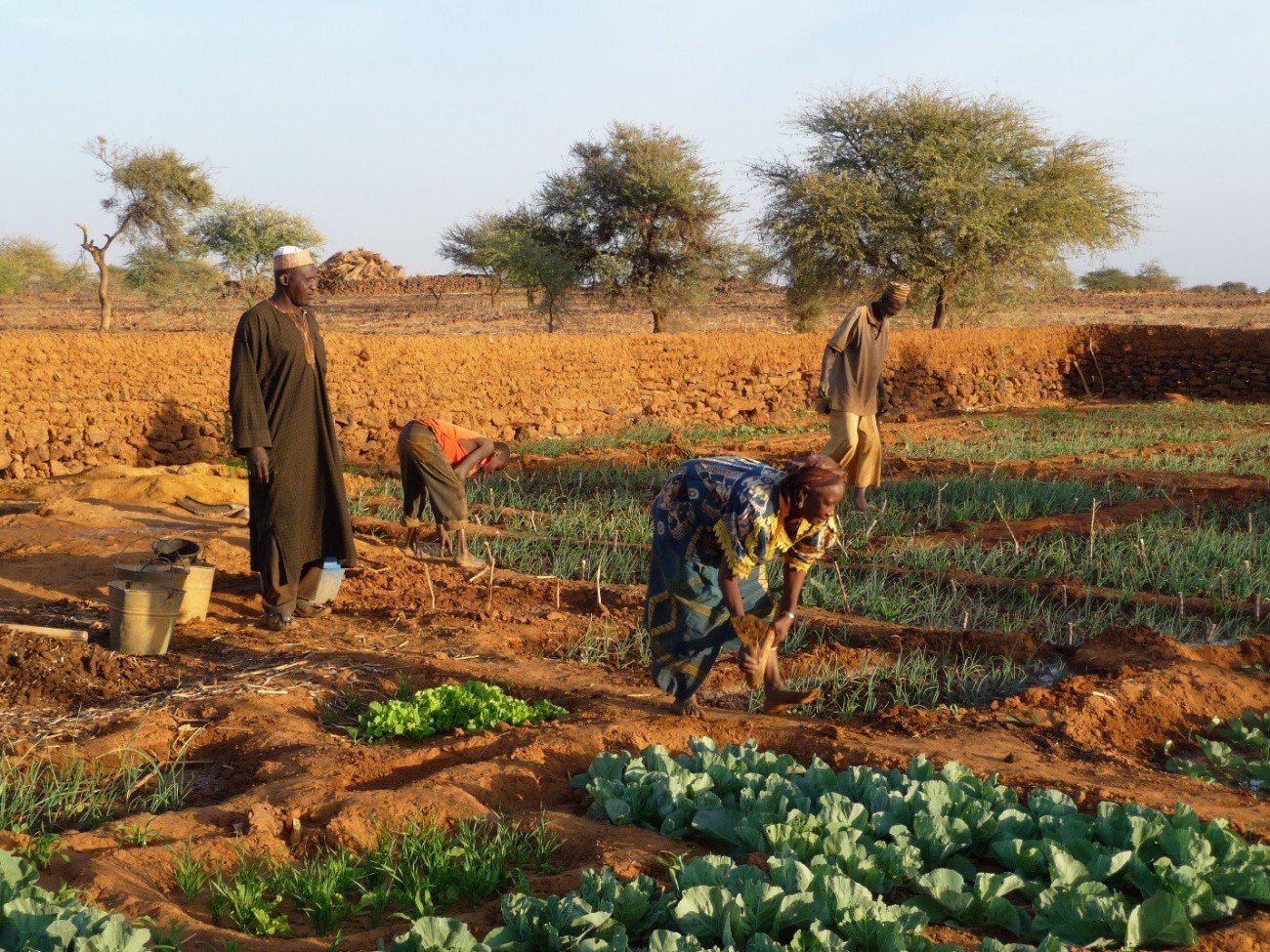
Blog: Involving communities in water management and climate change adaptation
As an NGO working on environment and human rights, we see that there is a global push for large infrastructure under the guise of ‘national development’ and ‘climate adaptation’, with considerable expansion across the African continent[1]. Unfortunately, many of these projects, such as large dams, have far-reaching impacts for surrounding communities and the environment on which they depend (e.g. displacements and livelihood loss), while often failing to deliver what they initially set out to do (e.g. water availability, cheap electricity). Instead, the economic benefits of these dams are often reaped by business elites in capital cities. In light of such unsustainable effects, what are more sensible ways of thinking about development and climate adaptation, especially in the water domain? In this blog we elaborate on two paths followed by our organisation (Both ENDS): the Negotiated Approach and our focus on Small Grants for Big Impacts.

In the 1980s, male and female farmers in the South of Niger started restoring the fertility of their land using a traditional method that had long been forgotten: Farmer Managed Natural Regeneration (FMNR). To enable these farmers to share this method wit
The Negotiated Approach to Integrated Water Resource Management is an approach to involve communities in decision-making concerning water resources. Concretely, this approach creates opportunities for local actors to actively develop, propose and negotiate policy and investment measures, based on their own local knowledge, needs and environmental realities. It also prioritises strengthening the capacity of local stakeholders so that they can engage effectively in negotiations with policy makers and planners and have a stronger position in the negotiation process, creating a (more) level playing field. The Negotiated Approach is a means to make sure that bottom-up participation processes in water management can take place. It builds on the premise that water users hold a lot of knowledge concerning their water resources and that by rendering this knowledge visible and by simultaneously empowering these communities to negotiate with other actors, they are able to articulate their needs to further improve water management.
The Negotiated Approach has also been applied in projects related to climate adaptation. Many local communities already have found ways to adapt to climate change and the related changes in water supply. The Negotiated Approach acknowledges these solutions; European NGOs (such as BothEnds) and research institutes can then build upon and support the initiatives already there, instead of introducing new methods. An iconic example of this approach put in practice in Africa is the development of the Tana Delta Land Use Plan[2].
One way to enable support to local solutions and to channel funds to those who need them, instead of investing in large scale infrastructure, are Small Grants. Facilities dedicated to disbursing small grants, such as the Global Greengrants Fund, are effective intermediaries to deliver small amounts to the women and men who are able to achieve truly transformative results with them. These Small Grants facilities could be the best mechanism to make sure that the large pools of money dedicated to climate adaptation, such as the Green Climate Fund (GCF), actually reach those who are bearing the brunt of the effects of climate change. Unfortunately, until now it has proven difficult to get these small grants facilities accredited to the GCF, unlike the ‘business-as-usual’ development- and commercial banks who can easily deal with large amounts of money. Luckily, the Centre Suivi Ecologique (CSE) from Senegal has recently been accredited[3] and efforts are underway to achieve the same for the African Women Development Fund (AWDF) and the Fonds pour les Femmes Francophones (XOESE). Especially the accreditation of the latter is crucial, as women are affected most by climate change and water shortages, but women’s funds only receive a very small part of worldwide climate finance.
In a time when it is so abundantly clear that climate change will wreak havoc among the most vulnerable communities across the African continent, we cannot bet on large infrastructure such as dams to relieve their problems. The international financial sector and national governments are still keen on funding these highly visible and financially interesting projects, even though they often do more harm than good. Yet alternative modes of ‘doing development’, such as the Negotiated Approach and Small Grants, yield far more promising results. So why not bet on the people on the ground instead to achieve change?
This blogpost was written by Giacomo Galli & Marjolein van Rijn – Both ENDS
[1] See https://www.internationalrivers.org/programs/africa
[2] See http://naturekenya.org/2017/11/01/bringing-the-tana-delta-land-use-plan-to-action/
[3] https://www.greenclimate.fund/-/centre-de-suivi-ecologique
